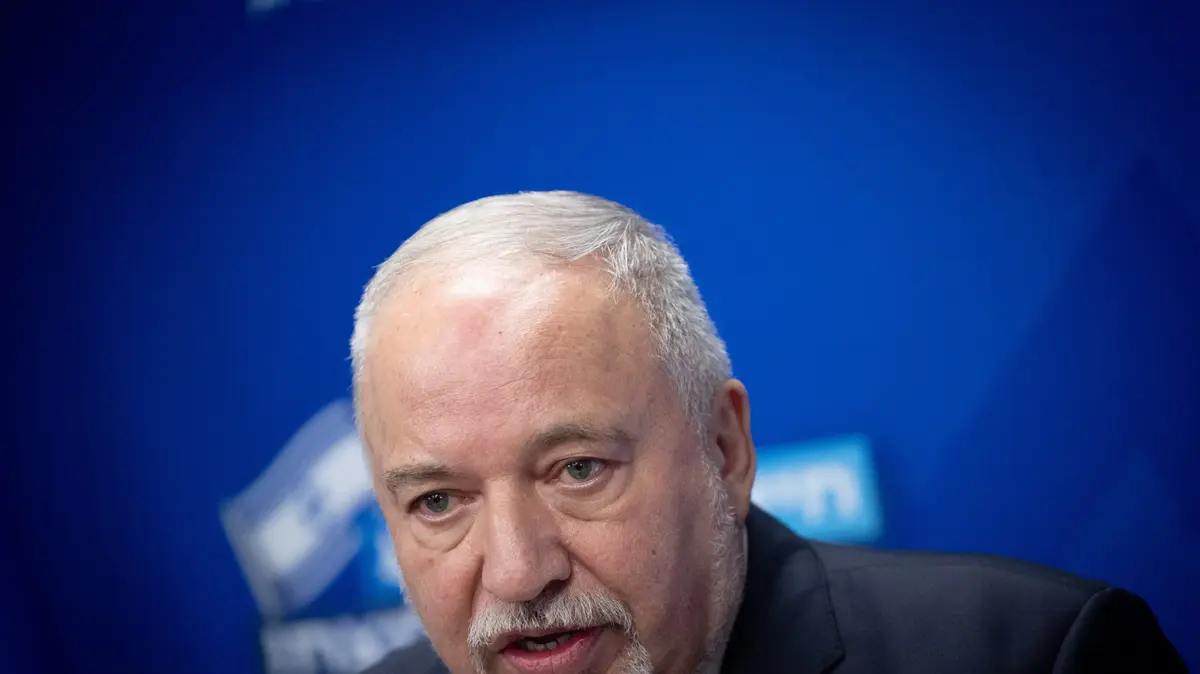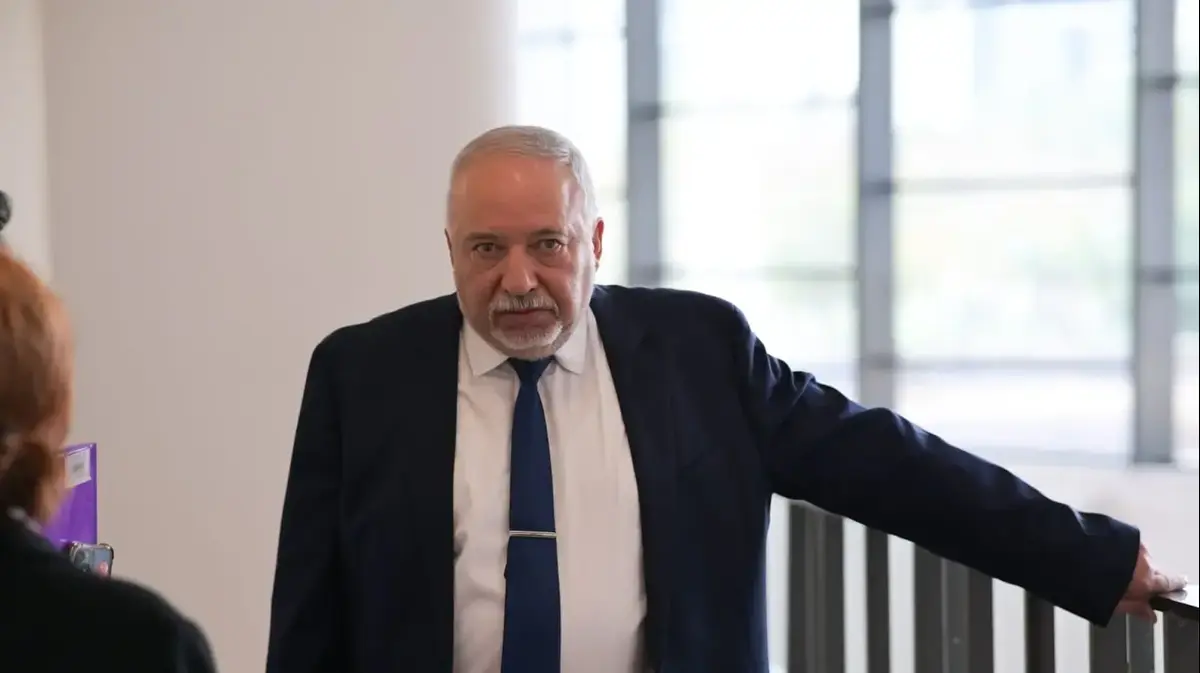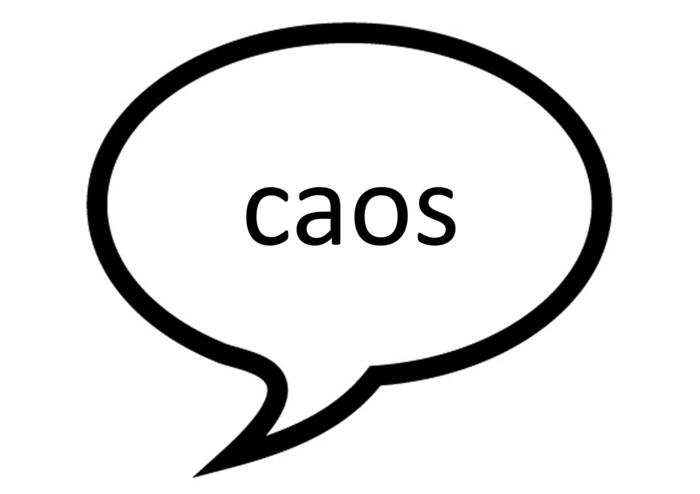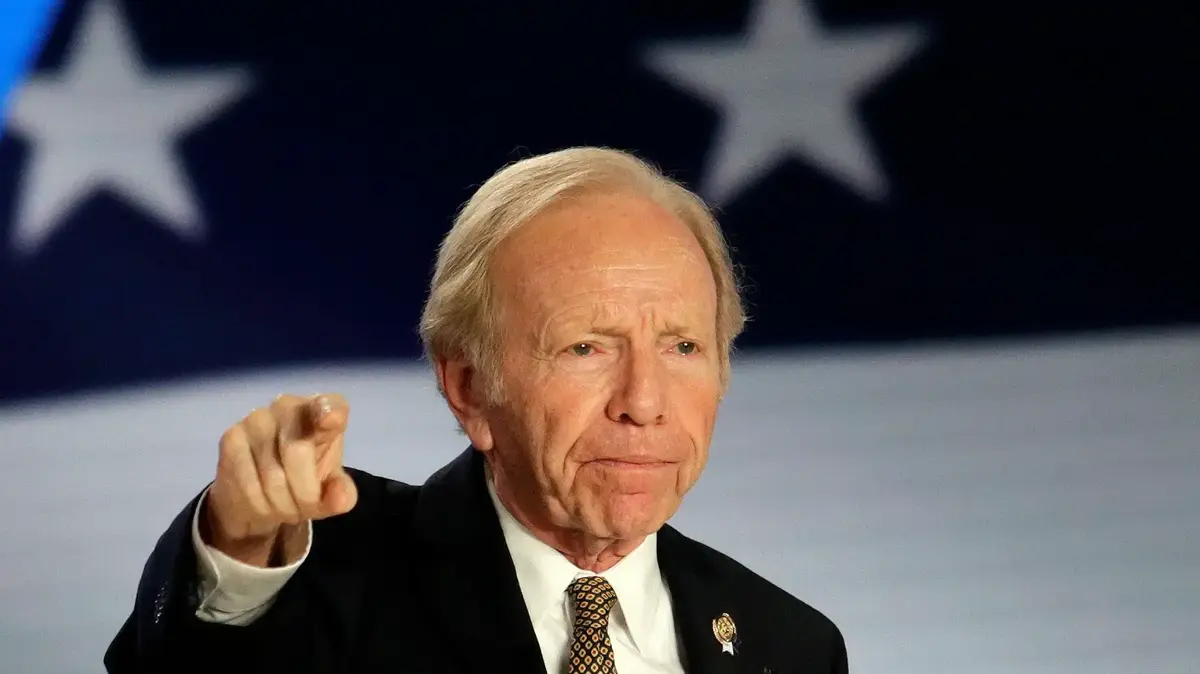He repeatedly zigzagged against all political logic and, by the way, caused himself serious damage. • It's hard not to wonder if some foreign interest is motivating Israel's chairman our house, and what exactly is it?
Always zigzag. Avigdor Lieberman // Photo: Oren Ben Hakon
30 years after he entered political life and 20 years after he first ran for Knesset, it was time to wonder what motivated Avigdor Lieberman.
Judging from his political approach in general, and in the last year in particular, Lieberman seems to be following his own rules and codes, inconsistent, and seemingly contrary to his own positions and interests.
Lieberman made his first steps in the Knesset with the late Rabbi Bnei Alon, the chairman of the National Union, a prominent Haredi rabbi and Rabbi Kook's redemption theory distributors. At the time he merged Israel our home with the Alon National Union. Today he calls his successors his way Of Alon, the leaders of the National Union today, "extremists" and "messianic".
Lieberman: "Every narrow government is a disaster" // Photo: Knesset channel
At the same time, he took control of the USSR immigrant sector, surprisingly pushing the Israeli party on the rise, led by opponents of the internationally renowned Soviet regime Natan Sharansky and July Edelstein.
Either way, his main flag over the years was the National Hawk. Thus, his famous statements were born about the bombing of the Aswan Dam, the overthrow of Hamas rule, the elimination of Haniyeh within 48 hours, and the nickname of Israeli Arabs as "fifth brother-in-law." His positions also led him to resign from the first Sharon government, but then to join his second government. Only the disengagement caused the final disconnect between the two. Since 2007, Lieberman has been conducting unprecedented political maneuvers. He joined the Olmert government on patriotic grounds, but after two years left it, with no one understanding why he came in and why he left.
In 2009, immediately after the election, he did what no other Israeli politician did, and strangely went abroad and severed ties. Even if everything was done for political bargaining, there was no reason to flee abroad. The same was true after the next election campaigns over the decade. What exactly did he do there, in Belarus and Austria?
More on:
• Internal pressure on Lieberman: "The right-wing government is better off going for further elections"
Lieberman: "The prospect of a unity government or a narrow government does not exist - a miracle of Chanukah needs"
• Last effort to prevent third elections: Netanyahu and Gantz will meet in Kirya
After the 2015 elections, he refused to enter Netanyahu's right-wing government, contrary to his commitment. Once again, the state was arrested for braking up to its origin. What began as a system rant for a few weeks after the 2009 election swelled to two years of a narrow and unstable coalition of 61 seats. While staunchly against Netanyahu, he joined the most extreme circles in the Al-Azaria affair, including an appeal against the status of the chief of staff and the military judiciary. But then, and again in complete contradiction to all that he had previously preached, the Netanyahu government suddenly became defense minister in charge of that chief. To. Another odd and extravagant move.
The stability appeal has become a method for Lieberman and has peaked since the first elections of 2019. Despite repeated commitments to join the Netanyahu government, he remains outside. Throughout the second election campaign he changed his position once every two days. In the morning he supported Netanyahu, and in the afternoon in Gantz, and the next day just the opposite.
Although he presents himself as a right-wing man from home, Lieberman also prevented the establishment of the right-wing government in the second round of the 2019 elections. He continued to fool Netanyahu and Gantz, one day he faced a single government and another a narrow government. The glazes became routine.
At the same time, he began inciting against ultra-Orthodox and ultra-Orthodox, after 30 years in which his allies were ultra-Orthodox and ultra-Orthodox. Collaboration with the ultra-Orthodox has led to the dizzying political success of the leadership of Moshe Leon headed by the Jerusalem mayor. Lieberman favored them over Ze'ev Elkin, a member of the USSR, a member of the national camp, and over Ofer Berkowitz from Awakening, the liberal-secular candidate, for whom he recently spoke.
What is most striking is that Lieberman's chaos consistently hurts him, and yet he continues to do so. Lieberman achieved nothing from turning the home front to his former partners and his way. He could have reached the loudest position, but preferred the continued tearing. He was offered the prime minister a rotation or the acting prime minister, in addition to the Ministry of Defense. But Lieberman insisted on not joining either side. The pragmatism that led him to join the Jerusalem faction, that is, the most anti-Zionist group among the ultra-Orthodox in Jerusalem, disappeared.
There is no escaping the idea that Lieberman prefers chaos over a logical move to the left or right. It drives itself away from personal and political achievements, and acts as if undermining stability in the country is not the result, but the purpose of its actions. Looking at the unassuming trail of traces he leaves behind, it's hard not to wonder if and what foreign interest drives him.








